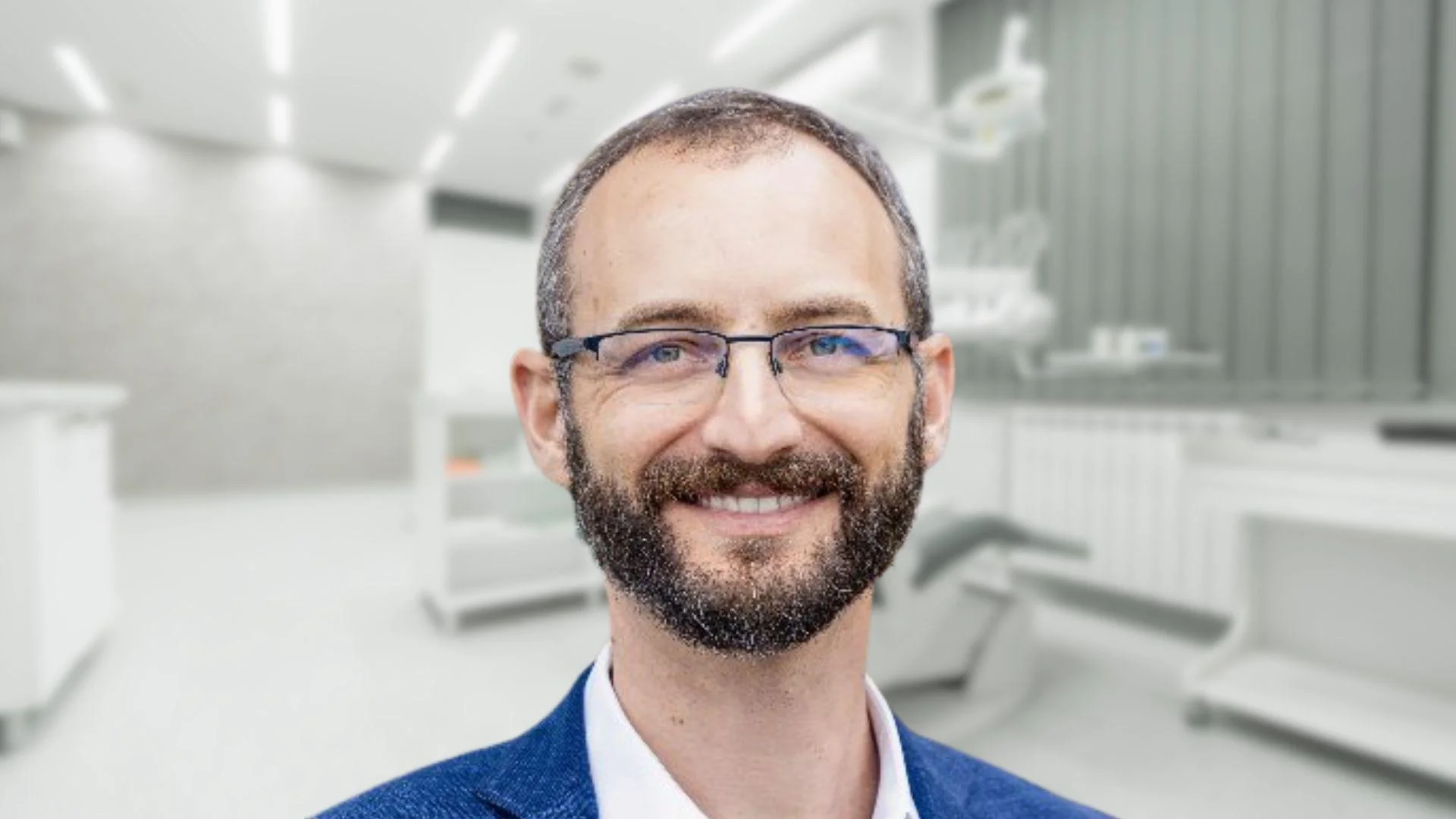
Anthony DiGiorgio, a neurosurgeon at the University of California, San Francisco, has raised concerns about the 340B Drug Pricing Program. He said on X on April 16 that the program encourages hospitals to exploit drug pricing arbitrage by reselling discounted drugs at full price to privately insured patients.
"The idea that 340B is about helping the poor is a fiction," said Anthony DiGiorgio, DO, MHA. "Hospitals make millions in arbitrage and have zero obligation to pass discounts to the poor. The claim that Medicare and Medicaid ‘pay below cost' is outdated and misleading. If you're defending 340B, you're not defending patients. You're defending a shadow revenue stream for large hospital systems."
The U.S. Government Accountability Office (GAO) explains that the 340B Drug Pricing Program was established in 1992 to allow eligible healthcare organizations to purchase outpatient drugs at discounted prices. While its intent was to help providers serve low-income and uninsured patients, a 2021 GAO report found no requirement for hospitals to pass on savings directly to patients. Critics argue that the program has expanded beyond its original scope, disproportionately benefiting large hospital systems.
According to a 2024 IQVIA report, the 340B Drug Pricing Program grew to $124 billion in 2023, doubling in size over the past five years. The report indicates that 70% of 340B purchases in 2023 occurred in hospital outpatient settings, with growth primarily concentrated in large health systems. IQVIA notes this expansion raises questions about whether program growth aligns with its original goal of supporting care for vulnerable populations.
A study published in Health Affairs in 2022 found that the expansion of the 340B Drug Pricing Program has led to increased financial burdens on commercial payers, including self-insured employers. The research suggests that as hospitals purchase more physician-administered drugs under 340B, manufacturers reduce the availability of commercial rebates. This results in higher costs for employers and employees, despite the original intent of the program being to support low-income and uninsured patients.
DiGiorgio is a neurosurgeon and health policy advocate based in California. He serves as an assistant professor at the University of California, San Francisco, and as an attending neurosurgeon at Zuckerberg San Francisco General Hospital. His work focuses on clinical care and public policy intersections, with published commentary on healthcare economics, pricing transparency, and reform of federal programs.